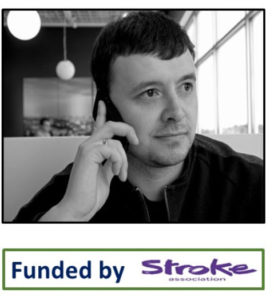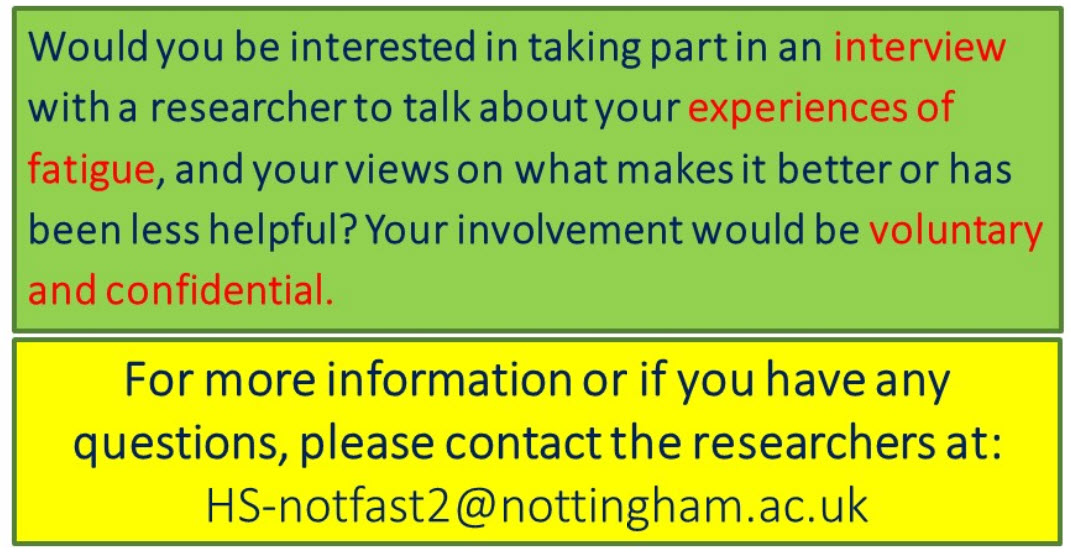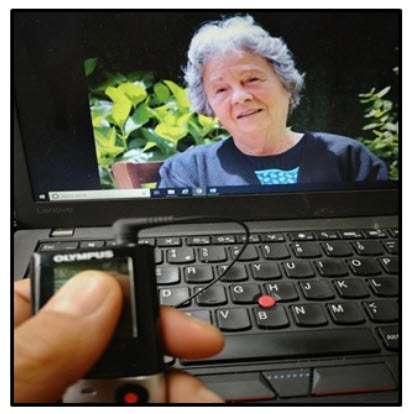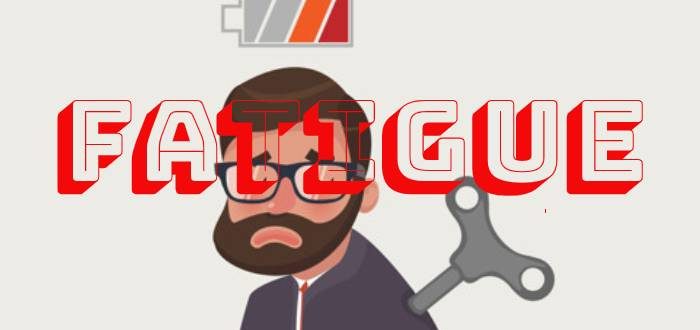Stroke survivors commonly experience fatigue, which can have a major impact on their ability to self-manage and be as independent as possible again. A major survey has shown that the pandemic has made the condition more difficult to cope with. It can greatly impact upon quality of life, making everyday tasks feel overwhelming and unachievable, or just plain exhausting. Furthermore, post-stroke fatigue doesn’t always improve with rest and isn’t necessarily related to recent activity. So, it’s not like typical tiredness. Up to 70% of survivors experience fatigue that includes overwhelming physical and/or mental tiredness and exhaustion. 50% find this kind of particular tiredness to be their main problem.
The Stroke Association reported in September the results of their survey of 1,546 stroke survivors and 403 carers and family members. This includes 110 people who had their stroke this year, and 69 people whose stroke has happened during the Covid-19 pandemic (since March 2020). Their comments showed that the pandemic has caused recoveries to stall, or in some cases actually contribute to making the effects of their stroke – including fatigue – worse or more difficult to deal with. A large proportion reported also reported that the pandemic has had a negative effect on their progress.


Nottingham University have started a research study (Principal Investigator: Professor Avril Drummond ) to shed new light on the way people seek to manage it. To do this they need to interview as many people who have suffered a stroke and have what they think is fatigue AND/OR interview people who care for stroke survivors coping with fatigue (often a family member or members).

 Recent research indicates that there may potentially be a common pathway linking fatigue to everything from poor-quality sleep and physical inactivity to a bad diet. If this is correct, then a handful of potential lifestyle changes could go a long way to fighting everyday fatigue.
Recent research indicates that there may potentially be a common pathway linking fatigue to everything from poor-quality sleep and physical inactivity to a bad diet. If this is correct, then a handful of potential lifestyle changes could go a long way to fighting everyday fatigue.
Nottingham University want to find out about you and your daily experiences in order potentially to help you via the outcome(s) of their study. For instance, how much you can actually do in a day without exhaustion? Has your fatigue got better/worse/stayed the same? Have you learned to ‘listen’ to your body and your reactions to activities as well as to your rest periods? Do you keep some kind of activity diary? Have you tried any drug or cognitive behavioural therapy?
Please note: this is NOT a sample of questions you may be asked but simply informs the issue for this invitation. Please email the Study Co-ordinator, Joanne Ablewhite and her team at the address above…


Also, as noted above, the team very much need the input of carers. The research team will ask you to be as specific and thoughtful as you can within the short interview timeframe, and will most appreciate your involvement in the study.
 If this is you, what do you find helps the person you care for? Have you noticed that it has become less of an issue as time has gone on? Do you, for instance, try to advise the person you care for to try and pace him/herself before, during and after any activity? What seems to work/have worked for the person? What doesn’t/hasn’t?
If this is you, what do you find helps the person you care for? Have you noticed that it has become less of an issue as time has gone on? Do you, for instance, try to advise the person you care for to try and pace him/herself before, during and after any activity? What seems to work/have worked for the person? What doesn’t/hasn’t?
Again, please note that this is NOT a sample of questions you may be asked but simply informs the issue for this invitation post. Please email the Study Co-ordinator, Joanne Ablewhite and her team at the address above…






7 Comments
On 7th December 2017 I had 7 strokes . They happened in the same evening. Then I was 71. I was working the night before The next day I was meant to work. That evening I lost my speech, eye sight, hearing, ability to communicate, I was paralysed on the right side. My education, knowledge of languages was gone. I cry ever since. I get tired of speaking because the language is not the same.
I’m not sure now if I have put my comment in the wrong place!! Paula has always been so kind, not only to other elderly people in England but also to elderly people in the village in Italy where she was born, so it does seem so unfair to see her suffer!
My 84 year old wife Paula had a nasty stroke two years year ago, the doctors thought she would not survive. She has recovered remarkably well, she was paralyzed down her right side, although with therapy & pluck she has recently begun to walk very slowly & painfully about one hundred yards. Paula has lost the ability to speak, and has a problem to enunciate even one word. Paula was was born in Italy so her native tongue is Italian which doesn’t help!! We have of course employed speech therapists with no success. I would be very grateful if someone could & would kindly advise me of the best way that I can be of help to her!! Yours sincerely George jones.
Hi , I had my stroke in June 2019 . I made good progress through until we started to get into winter. The lack of sun has always affected me but combined with lockdown it has defeated me. I find it very difficult to do anything and just can’t wake up in the morning. I am also experiencing a deal of joint pain in my left leg. Roll on summer!!!
I have had a neurological brain injury. Although not exactly the same as a stroke, it is very similar. I used to suffer from very bad fatigue with early nights and sleeps during the day. It has improved a lot as time has gone on, but i still struggle with speech late at night and get more tired than most!
I had a stroke at the end of April 2019 and since May 2019 I have been recovering at home. I was making good progress until March 2020 when shielding forced me to stay indoors. Now I am coping as best I can but without family or carer or physio it is difficult.
Neuro services are great thank you